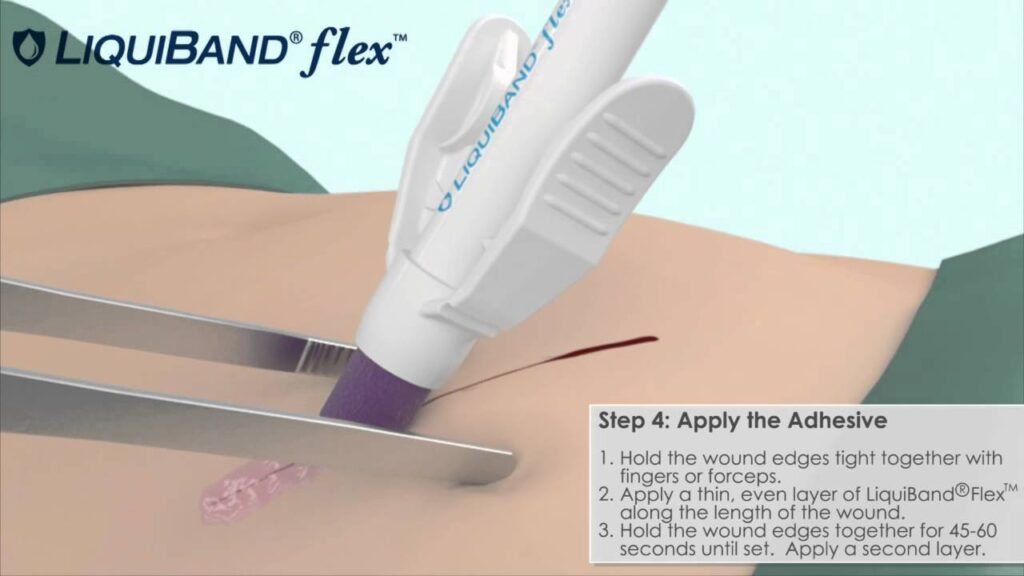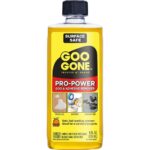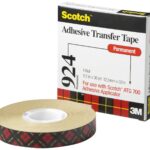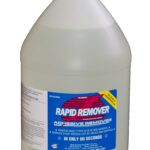There are a few things you need to know before gluing skin together. First, you need to make sure the skin is clean and dry. If the skin is dirty, the glue will not adhere properly. Second, you need to choose the right type of glue. There are two main types of glue: medical grade and household.
Medical grade glue is stronger and more reliable, but it can be expensive. Household glue is cheaper but not as strong. Third, you need to apply the glue to both sides of the wound. Fourth, you need to hold the skin together for a few minutes until the glue dries. Fifth, you need to keep the wound clean and dry until it healed.
What glue is used to close wounds
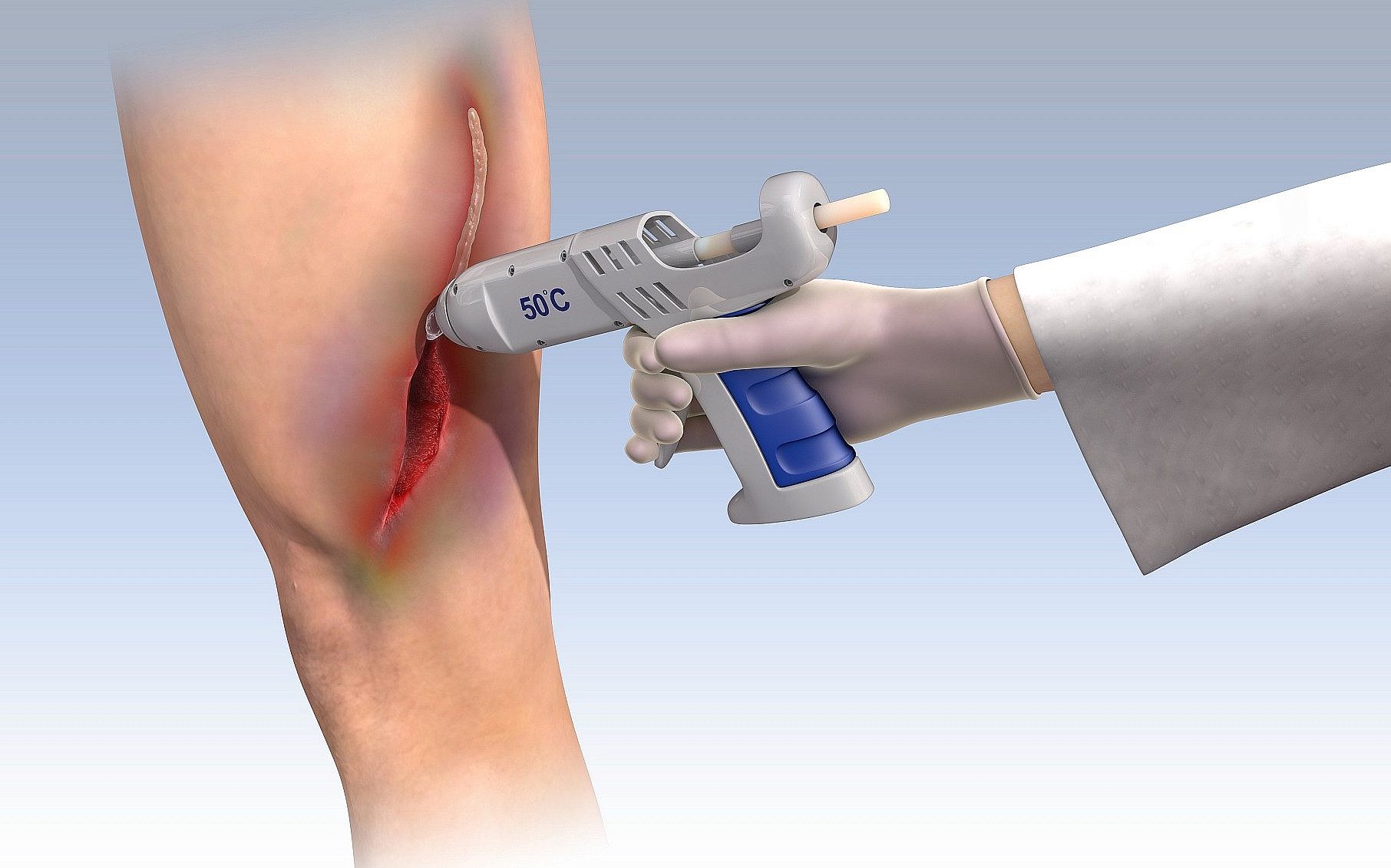
The glue is applied to the skin and then covered with a dressing. It is typically used for small cuts and scrapes.
What glue do doctors use to close a wound?
The glue that doctors use to close a wound is called surgical glue. It is a clear, sticky liquid that helps to hold the skin together and promote healing. Surgical glue is usually applied by a doctor or nurse after the wound has been cleaned and closed with stitches. It can help to reduce swelling and prevent infection.
Can you buy medical glue over the counter?
You can buy medical glue over the counter at most pharmacies. This type of glue is used to close wounds or cuts. It is safe to use and easy to apply.
Does surgical glue dissolve?
There are a variety of surgical glues available, and the type used depends on the wound or incision being closed. Many surgical glues will dissolve over time, though some are designed to be permanent.
How long does surgical glue stay on?
When applied correctly, surgical glue can remain on the skin for several days or even weeks. However, it is important to note that surgical glue is not intended for long-term use and should be removed as soon as the wound has healed.
Does surgical glue heal better than stitches?
Surgical glue is usually applied using a syringe, and the wound is then covered with a sterile dressing. The glue will start to dissolve within a few days, and the wound will heal within two to three weeks. Surgical glue is an effective way to close wounds, and has many benefits over traditional stitches. First, surgical glue is less painful than stitches. Second, surgical glue is less likely to cause infection than stitches.
Third, surgical glue is less likely to leave a scar than stitches. Fourth, surgical glue is less likely to cause tissue damage than stitches. Fifth, surgical glue is less likely to come loose than stitches. Overall, surgical glue is a safe and effective way to close wounds. It is less painful than stitches, and less likely to cause infection, scarring, or tissue damage. If you have a wound that needs to be closed, talk to your doctor about whether surgical glue is the right option for you.
What is the name of surgical glue?
Surgical glue is applied directly to the skin and forms a strong bond that helps to speed up the healing process.
Can you buy glue to close a wound?
If you have a cut or scrape that is more than a quarter inch deep, you will need to close the wound with glue. This will help to keep the wound clean and prevent infection. You can buy glue at most pharmacies or online. Follow the instructions on the package for how to apply the glue.
Can I use Gorilla glue to close a cut?
If you have a cut that is gaping open, you may be tempted to reach for the Gorilla glue. However, this is not a good idea. Gorilla glue is not meant for use on skin, and it can actually cause more harm than good. The chemicals in the glue can irritate your skin, and if it gets into your bloodstream, it can be poisonous. So, what should you do if you have a cut that needs to be closed? You can use a sterile adhesive bandage or superglue designed for use on skin. These products are much safer and will actually help to close your wound.
How to use super glue on a wound?
Super glue can be used to glue skin together. But it’s not recommended for big or deep cuts. To use super glue on a wound, first clean the wound and make sure there is no dirt or debris on it. Then, apply a thin layer of super glue to the wound. You can use a cotton swab or your fingers to apply the glue.
Be careful not to get any super glue on healthy skin. Once the glue is applied, hold the skin together for a few seconds. The glue will dry quickly and will hold the skin together.
Can You Super Glue a wound?
Can you super glue a wound? If you have a deep cut, you may be able to close it with super glue.
- First, clean the wound and make sure there is no debris in it.
- Next, apply a thin layer of super glue to the wound.
- Be sure to smooth it out so that there are no gaps.
- Finally, allow the glue to dry completely before covering the wound with a Band-Aid.
Can I really use superglue to close my wound?
If you have a cut that is less than half an inch long, you may be able to close it with superglue.
- First, clean the wound with soap and water.
- Then, apply a thin layer of superglue to the wound.
- Hold the wound together for about one minute.
- The superglue will start to dry and will bond the skin together.
- If you have a deeper cut, or if the wound is more than half an inch long, you will need to see a medical professional to have it closed.
- Superglue is not strong enough to hold deep cuts together.
Can super glue heal wounds?
It can also be used to seal wounds. When super glue is applied to a wound, it forms a protective barrier over the injury. This can help to keep out dirt and bacteria. It can also help to prevent the wound from drying out.
How long does medical super glue last
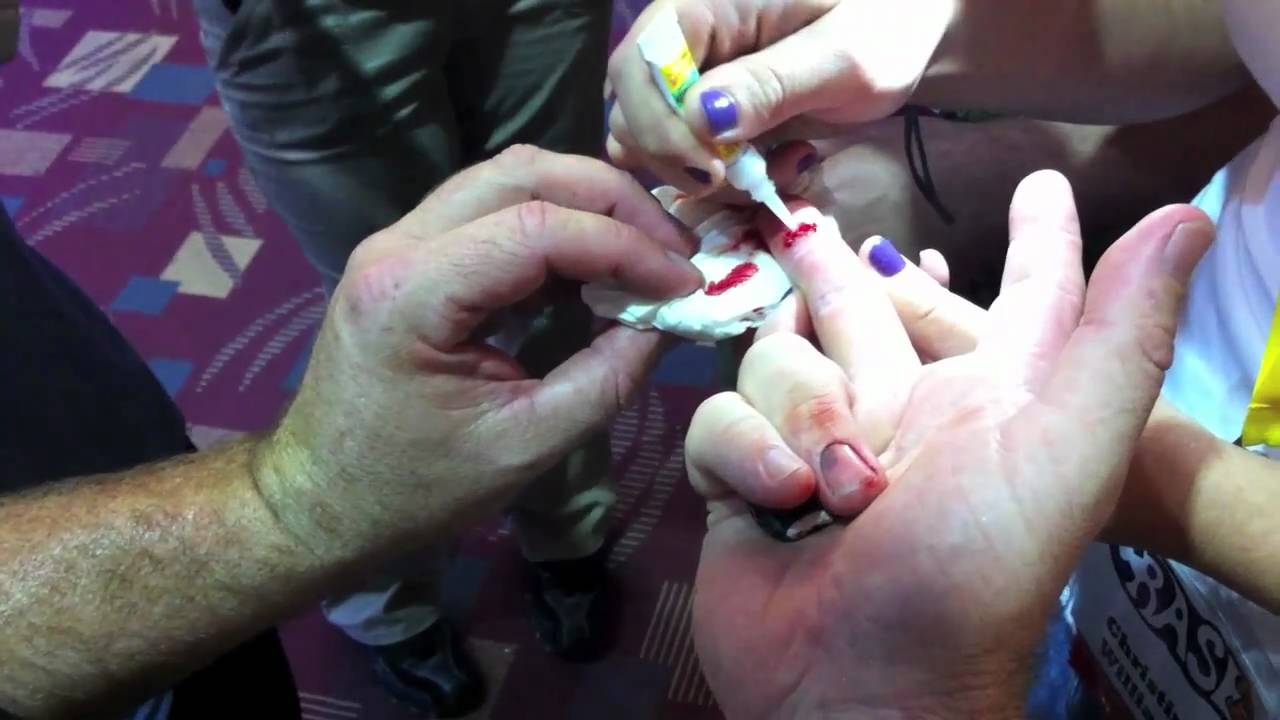
Super glue is very strong and can last for several days or even weeks. However, it is not meant to be a permanent solution and should be removed by a doctor when the wound has healed.
Is surgical glue better than stitches?
There are several benefits to using surgical glue instead of stitches.
- First, surgical glue is less likely to cause infection than stitches.
- Second, surgical glue is less painful than stitches.
- Third, surgical glue is less likely to leave scars than stitches.
- Finally, surgical glue is less visible than stitches, making it a good option for people who are worried about scarring.
Can surgical glue get wet?
Yes, surgical glue can get wet. However, it is important to note that surgical glue is not waterproof. If it gets wet, it will lose its adhesive properties and will not be able to hold the skin together.
Can you shower with medical glue?
You can shower with medical glue, but it is not recommended. The glue can help to hold the skin together, but it is not designed to be used in water. If you do shower with medical glue, make sure to keep the area dry and covered.
What happens if surgical glue gets wet?
If surgical glue gets wet, it will lose its adhesive properties and will no longer be effective in bonding the skin together.
Do hospitals use Super Glue to close wounds?
Super Glue is a strong adhesive that can hold skin together for a long time.
Can surgical glue stay on too long?
It is possible for surgical glue to stay on too long, but it is not common. If it does happen, it is usually because the glue was not applied correctly or because the wound was not clean before the glue was applied. If the glue is on for too long, it can cause the skin to grow over the wound and make it difficult to remove. If this happens, you should see a doctor to have the glue removed.
Does surgical glue need to be removed?
When it comes to gluing skin together, surgical glue does not need to be removed. This type of glue is specifically designed to dissolve on its own over time. However, other types of glue may need to be removed depending on the ingredients.
Why do doctors use glue instead of stitches?
There are a few reasons why doctors may choose to use glue instead of stitches for certain wounds.
- First, glue is less likely to cause infection than stitches.
- Second, glue can be less painful for the patient than stitches.
- Third, glue can be less expensive than stitches.
- Fourth, glue can be less time-consuming for the doctor than stitches.
- Finally, glue can provide a more cosmetic result than stitches.
Is medical super glue the same as normal super glue?
Is medical super glue the same as regular super glue? Medical super glue is a type of glue that is used to close wounds. It is made of cyanoacrylate, which is a type of acrylic resin. This type of glue is different from regular super glue because it is sterile and has a different composition. medical super glue is not as strong as regular super glue, but it is safe to use on skin.
Which super glue lasts the longest?
There are many different types of super glue, and each has its own advantages and disadvantages. Some super glues are stronger than others, and some are more resistant to heat and cold. Some super glues dry quickly, while others take longer to dry. So, which super glue lasts the longest? That depends on what you need it for. If you need a strong bond that will withstand a lot of wear and tear, then you’ll want a strong, durable super glue.
If you need a glue that dries quickly, then you’ll want a fast-drying super glue. There are many factors to consider when choosing a super glue, so be sure to do your research before making a purchase. With so many options available, you’re sure to find the perfect super glue for your needs.
How long can superglue last if used on nails?
Superglue can be a great way to temporarily fix a cut or scrape. If you have a cut that is bleeding, you can use superglue to help stop the bleeding. Simply apply a small amount of superglue to the cut, and then hold the skin together for a few seconds. The superglue will help to seal the cut and will provide a temporary barrier against infection. Superglue can last for several days when used on nails. However, it is not advisable to use superglue on open wounds as it can cause irritation. If you have a cut that is not bleeding, you can try using a Band-Aid or similar adhesive bandage.
What is the shelf life of super glue?
While super glue is typically very strong and long-lasting, it is not permanent. The average shelf life of super glue is about one year. However, once the glue is opened, it will begin to deteriorate and should be used within six months. When using super glue on skin, it is important to be very careful as it can cause irritation. If the glue gets into any cuts or open wounds, it can cause an infection.
Is superglue toxic after it dries?
When superglue is used to glue skin together, it is not toxic after it dries. This is because the glue is made of chemicals that are not harmful to the body. The only thing that you need to be careful of is not to get the glue in your eyes or mouth. If you do, it will cause irritation.
How to remove super glue from practically anything?
If you have ever accidentally glued your fingers together with super glue, you know how difficult it can be to remove the adhesive. Super glue is an incredibly strong adhesive, and once it dries, it can be very difficult to remove. However, there are a few ways that you can remove super glue from practically anything. One way to remove super glue is to use acetone. Acetone is a strong solvent that can dissolve super glue.
You can find acetone at most hardware stores. Simply apply a small amount of acetone to the area where the super glue is, and let it sit for a few minutes. Then, use a rag to wipe away the super glue. Another way to remove super glue is to use heat. Super glue is sensitive to heat, so you can use a hair dryer or a heat gun to soften the adhesive. Then, you should be able to peel the super glue off. If you have super glue on your skin, you can try soaking the area in warm soapy water. This will help to loosen the adhesive. Then, you can use a pumice stone or a toothbrush to scrub the super glue off. Whatever method you choose, be sure to work slowly and carefully to avoid causing any further damage.
